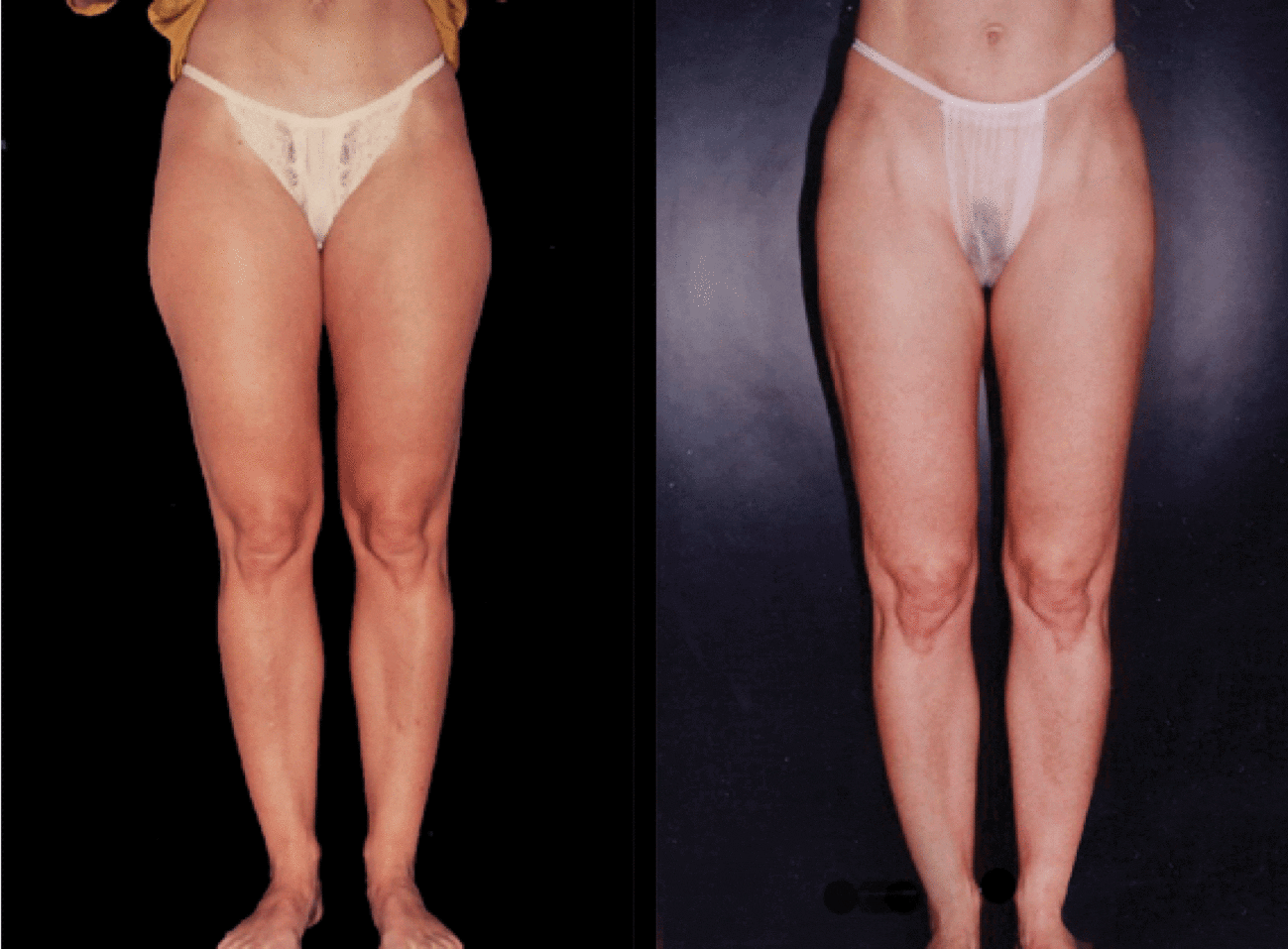
welcome back! when performing a tummy tuck, in my experience, we have to look at the aesthetic units that surround the abdomen to have an excellent result. among the most common areas that surgeons do not pay attention to are the flanks and lower back. if you look at this diagram, the abdominal wall boundaries include the lower chest, the flank, the sides, and the pubic area on the inferior part. the fat from the flank area extends from the anterior part of the abdomen all the way to the lower back. if these areas are not liposuctioned, your waist is not going to be as small as you want it
your belly might look good, but when you wear some jeans, you’re going to have a fat roll on the lower back that you dislike for this reason, in my hourglass tummy tuck technique, i always perform liposuction on the lower back to blend this aesthetic unit to get better results. if you look at this picture of a patient whounderwent an hourglass tummy tuck, she has excess abdominal fat and skin. she has skin that hangs in the lower abdomen as well as fat in the abdomen, flanks, and sides, and on the lower back
you can see that she has some rolls that extend toward the flank. this is the postoperative picture, where you see the patient with a nice result on her front profile as well as the back profile, where fat has been completely removed. this is a picture of the patient in clothes, and you can see her nice hourglass figure. side-by-side pictures show the impressive result that this technique can accomplish. in essence, when performing a tummy tuck, it is very important to pay attention
to the details that will enhance the tummy tuck. the hourglass tummy tuck recreates the hourglass silhouette by performing liposuction on the surrounding aesthetics units of the abdomen to recreate the look of a small waist and nice round hips. in this video, we discussed the importance of performing liposuction on the lower back and flanks for a better tummy tuck result. next week we will discuss a new medication called exparel that helps with post-operative pain.

No comments:
Post a Comment